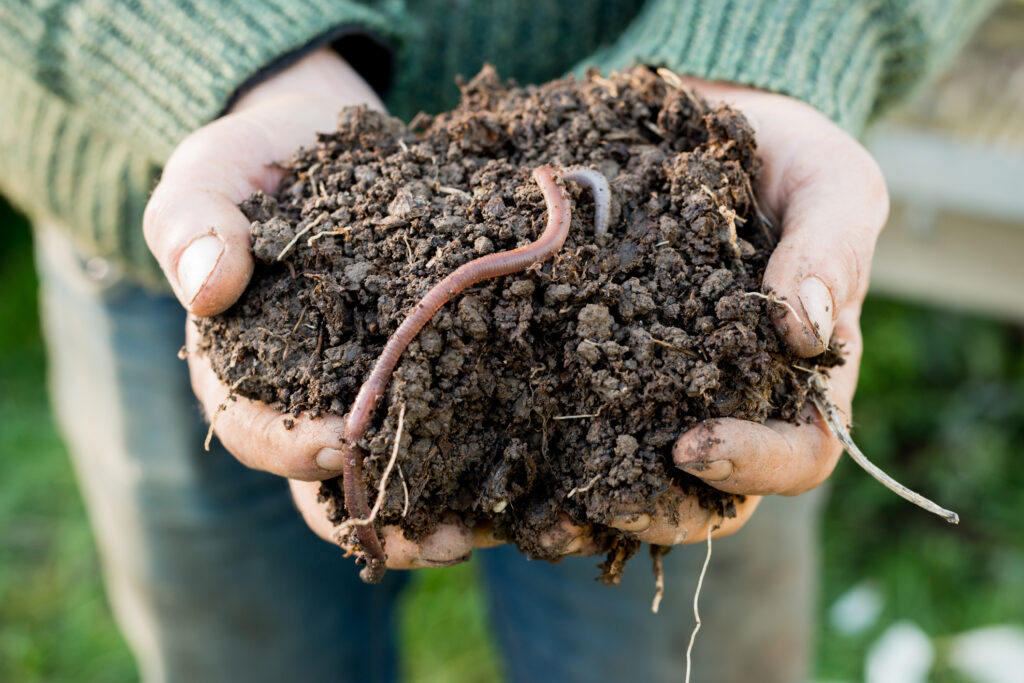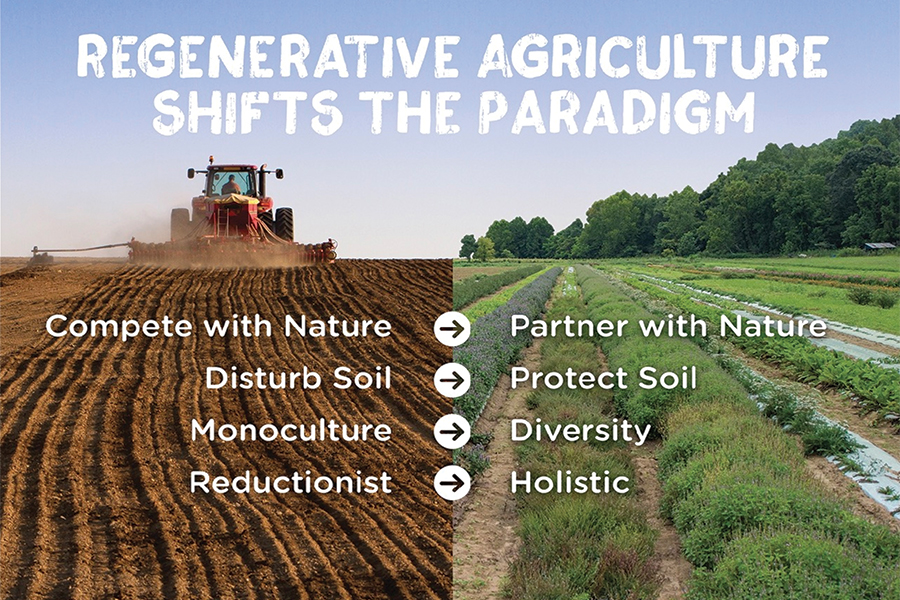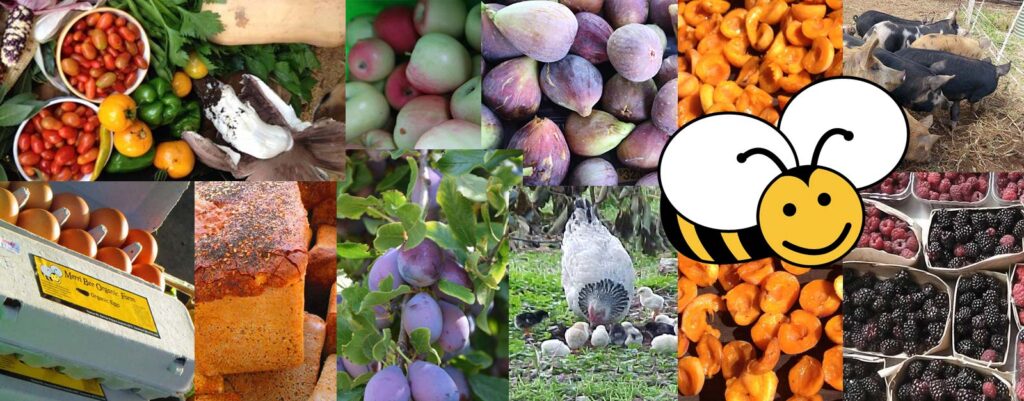Worms: The Unsung Heroes Beneath Our Feet

Worms: The Unsung Heroes Beneath Our Feet
When you think about transforming soil, you probably picture compost, cover crops, or maybe fertilisers. But there’s one silent worker that’s often overlooked—the humble earthworm.
Aristotle called earthworms the “intestines of the Earth” because these little creatures have been quietly revolutionising soil health for millions of years. When Charles Darwin came along he wrote an entire book on earthworms. He found that worms are essential to breaking down dead organic matter, improving soil structure, and maintaining aeration, drainage, and fertility. He even estimated that worms contribute about 11 tonnes of organic matter per acre each year. Modern scientists believe that number could be as high as 250 tonnes per hectare where worm populations are thriving!
What Makes Worms So Powerful?
As they move through the soil, earthworms act like tiny ploughs and soil engineers. Their digestive system is fascinating—acids in their upper gut begin breaking down organic matter, while special glands release lime to gradually neutralise acidity and improve soil pH. This process converts nutrients like nitrogen, phosphorus, and potassium into plant-available forms.
Even more incredible, the soil that passes through a worm’s body becomes supercharged. It forms stable aggregates—tiny clusters of mineral and organic particles that dramatically improve moisture retention, drainage, and soil structure. In fact, up to 50% of soil aggregates in the topsoil can be attributed to earthworm activity.
So, when we talk about building healthy, living soil, earthworms are right at the heart of it.
Worm Composting: Turning Waste into Gold
One of the best ways to harness the power of worms is through vermiculture—known as worm composting.
Unlike traditional composting, which relies on heat, worm composting uses the dynamic relationship between worms and beneficial microbes. Together, they transform organic matter into two incredibly valuable products:
Vermi-Cast
This is worm excretion. Vermi-cast is nature’s ultimate fertiliser for your soil – better than anything in a bag.. It’s packed with NPK nutrients, growth hormones, enzymes, and beneficial microbes. It has a finer texture than regular compost and releases nutrients in a slow, plant-friendly way.
Vermi-Meal
Yes, worms themselves can be part of the solution too. Vermi-meal is made by drying and grinding earthworms into a protein-rich meal—about 62% protein and 11% fat. It’s ideal for use in animal feed and offers a sustainable, nutrient-dense alternative to conventional feed ingredients.
Liquid Gold from Worms: Extract + Tea
Two powerful liquid products are also making waves in regenerative farming:
Vermicast Extract
This is an aerated liquid full of trace minerals, enzymes, and nitrogen-fixing bacteria (around 100,000 CFU/ml). It’s usually applied at about 10 litres per hectare to boost soil biology and nutrient availability. You can also use it as a foliar spray or seed coat treatment to boost germination and plant health from the start.
Vermicompost Tea
This is brewed from vermicast and enriched with minerals, microbes, and organic nutrients. This is where you can customise the brew for your needs. It must be used quickly—ideally within 4 hours of activation—to deliver its full benefit. Apply it to the soil, mulch, or directly on your crops to revive tired soils, strengthen plant resilience, and stimulate growth.
Why Every Regenerative Farmer Needs Worms
Worms aren’t just part of a healthy soil system—they’re a cornerstone. Whether you’re producing compost, building soil structure, or trying to get more out of every hectare without relying on synthetic inputs, worms are your powerful friend.
So if your soil is tired, your yields are slipping, or you’re just ready to farm smarter, not harder—start with the worms.
Your soil (and your legacy) will thank you.







Responses